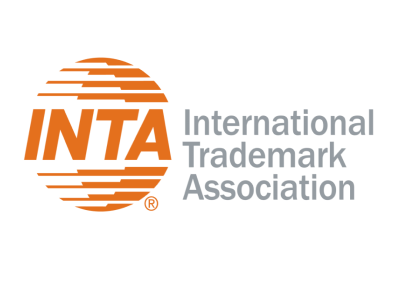New York, New York—December 27, 2022—The International Trademark Association (INTA) filed an amicus brief in the United States Supreme Court in Abitron Austria GmbH v. Hetronic Int’l, Inc., No. 21-1043, urging the Court to adhere to its ruling in Steele v. Bulova Watch Co., 344 U.S. 280, 285-86 (1952) and reaffirm that “[t]he Lanham Act may be applied to stop foreign conduct that causes substantial impact in the United States within the focus of the Lanham Act.”
Hetronic Int’l, Inc. (Hetronic), an Oklahoma-based producer of radio remote controls for construction equipment, sued Abitron Austria GmbH (Abitron), its former Austrian distributor, which allegedly sold its own reverse-engineered controls under Hetronic’s trademark. Finding that Abitron willfully infringed Hetronic’s mark, a U.S. District Court jury awarded Hetronic US $90 million, despite the fact that 97 percent of the challenged sales never returned to the U.S. The U.S. Court of Appeals for the 10th Circuit affirmed the award on two grounds: (1) Three percent of sales reaching the U.S. allows recovery for all the damage caused, and (2) diversion of foreign sales from a U.S. mark owner justified damages under the Lanham Trademark Act.
Abitron sought review in the U.S. Supreme Court, arguing the Court of Appeals erred in holding that the Act applied its foreign sales. The Court granted review, and the U.S. Solicitor General filed an amicus brief arguing that the Act only applies to a foreign defendant’s use of a U.S. plaintiff’s trademark if it is likely to cause confusion in the U.S.
In its brief, INTA argued that foreign conduct that causes substantial impact in the U.S. could be deemed either “extraterritorial” or “domestic,” and should be reachable whether or not the Court holds that the Lanham Act applies extraterritorially. INTA noted that the Lanham Act’s focus extends well beyond point-of-sale confusion, including pre-sale and post-sale confusion, reverse confusion, and confusion as to affiliation, connection, or sponsorship, injury to brand owners’ reputations, as well as dilution. Although no U.S. citizens are defendants in this case, INTA cautioned the Court not to disturb Steele’s holding that the U.S. has broad authority to regulate U.S. citizens who infringe U.S. trademarks in foreign countries.
Recognizing the Lanham Act’s reach has limits, INTA endorsed cases holding that Steele requires a “substantial impact on U.S. commerce,” criticizing cases saying “some” effect suffices. INTA concluded that the Tenth Circuit erred to hold that it was irrelevant what proportion of Abitron’s global sales entered the U.S. and urged the Court to remand the case to allow the parties to prove “the relative quantity and character of domestic versus foreign confusion or damage to reputation.” “It is fundamental that trademark rights are territorial,” INTA’s brief continues. The Tenth Circuit’s decision “risks globalizing American trademark law” and, if upheld by the U.S. Supreme Court, “could prompt other foreign nations to assert equally expansive claims regarding the extraterritorial scope of their trademark laws.”
About the International Trademark Association
The International Trademark Association (INTA) is a global association of brand owners and professionals dedicated to supporting trademarks and complementary intellectual property (IP) to foster consumer trust, economic growth, and innovation, and committed to building a better society through brands. Members include nearly 6,500 organizations, representing more than 34,350 individuals (trademark owners, professionals, and academics) from 185 countries, who benefit from the Association’s global trademark resources, policy development, education and training, and international network. Founded in 1878, INTA is headquartered in New York City, with offices in Beijing, Brussels, Santiago, Singapore, and the Washington, D.C., Metro Area, and a representative in New Delhi. For more information, visit inta.org.










